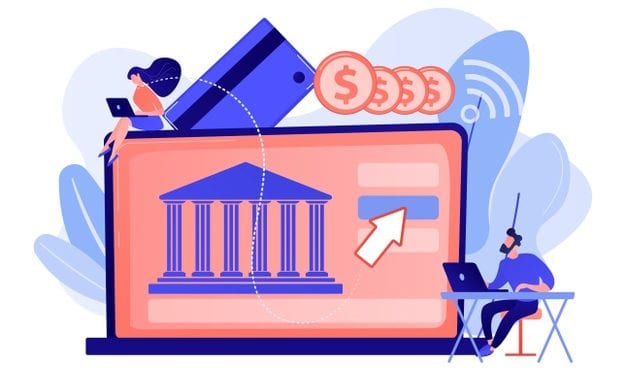The introduction of the revised Payment Services Directive (PSD2) has brought significant changes to the European banking sector, with open banking at the forefront of this transformation. PSD2 mandates that banks allow third-party providers to access customer account information, provided the customer consents, driving the adoption of open banking. This regulation aims to foster innovation and competition in the financial services industry by enabling fintech firms to create new services based on access to banking data through open banking APIs.
However, the shift to open banking presents challenges for both banks and third-party providers as they work to ensure secure and seamless integration through APIs. PSD2’s success depends on the ability of banks to adapt their infrastructure to accommodate API-based interactions, while also safeguarding customer data and complying with the directive’s strict security requirements.
The Role of APIs in PSD2 and Open Banking
APIs are essential in enabling the data-sharing requirements of PSD2, allowing third-party providers to access bank account information and initiate payments on behalf of customers. These APIs serve as the bridge between traditional banks and fintech companies, facilitating open banking by:
- Providing access to account data: APIs allow authorized third-party providers to securely access customer account information to offer services like budgeting tools, payment initiation, and financial management apps.
- Enabling payment initiation: With PSD2, third-party providers can initiate payments directly from a customer’s bank account, offering alternatives to traditional card-based transactions.
- Enhancing competition: By opening access to banking data, PSD2 promotes competition, encouraging the development of innovative financial products and services that offer consumers more choice and control over their finances.
Challenges of Implementing APIs for Open Banking
While PSD2 sets the stage for a more competitive and open banking environment, there are significant challenges associated with implementing and managing APIs:
- Security and compliance: One of the primary concerns for banks is ensuring that APIs are secure and comply with PSD2’s strong customer authentication (SCA) requirements. Banks must protect customer data while enabling third-party access, which requires robust security measures and constant monitoring.
- Legacy infrastructure: Many banks rely on legacy IT systems that are not designed to support the real-time data access and flexibility required by APIs. Upgrading or integrating these systems with modern API frameworks can be complex and costly.
- Standardization: While PSD2 sets out the requirements for data sharing, there is no uniform standard for how APIs should be implemented. This lack of standardization can make it difficult for third-party providers to integrate with multiple banks, leading to inefficiencies in the open banking ecosystem.
Opportunities for Innovation in Open Banking
Despite the challenges, PSD2 and open banking offer significant opportunities for innovation within the financial services industry. By leveraging APIs, fintech firms and banks can create new products and services that provide better value to consumers:
- Personalized financial services: With access to a customer’s complete financial picture, third-party providers can offer personalized advice, savings plans, and budgeting tools tailored to individual needs.
- Streamlined payments: Payment initiation services through APIs can offer faster, more secure transactions, reducing the reliance on traditional payment methods like cards and enabling more efficient e-commerce experiences.
- Expanded partnerships: PSD2 encourages collaboration between banks and fintech firms, leading to new partnerships that combine the strengths of both sectors to deliver innovative financial solutions.
Conclusion
PSD2 and the rise of open banking represent a paradigm shift in the financial services industry, driven by the power of APIs. While the transition presents challenges in terms of security, compliance, and legacy infrastructure, the opportunities for innovation and competition are vast. As banks and fintech companies work together to overcome these challenges, open banking has the potential to reshape how consumers interact with their finances, creating a more dynamic and consumer-centric financial ecosystem.










